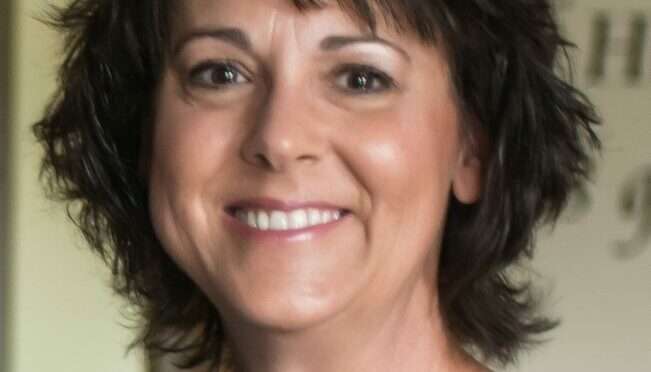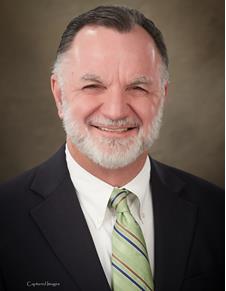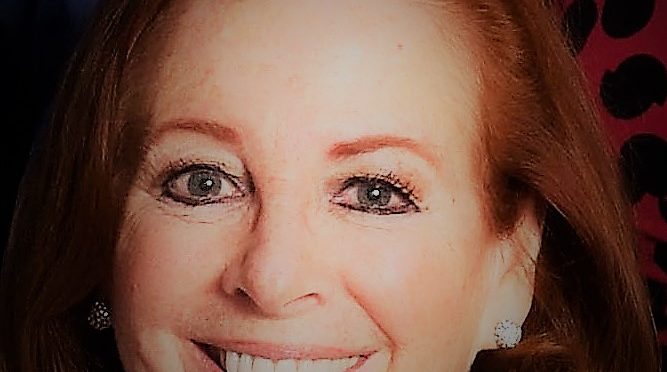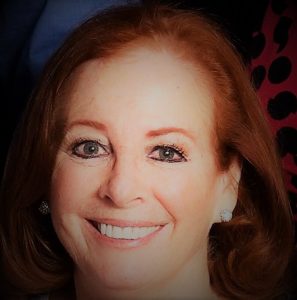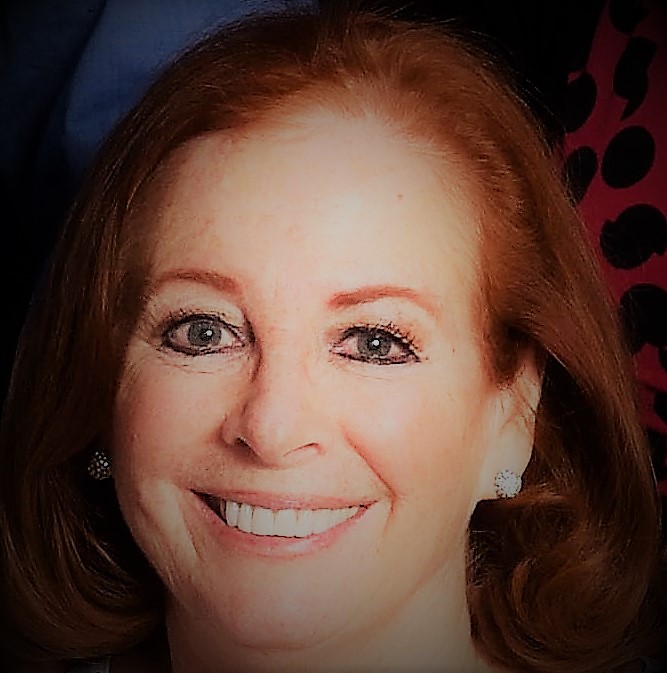Keys to the Kingdom
By Carolyn Tucker
Since we hadn’t taken our annual family vacation for four years, the kids and I decided to go big and go to the Bahamas. Being the country bumpkin that I am, I knew before we went that it would be a once-in-a-lifetime destination for me. Some people love the mountains, but I’m a water-and-beach gal. I suppose, if I lived on an island, I could take for granted the beautiful turquoise water, the calming sound of the rolling waves, and the fascinating beaches. But for the ten days we were privileged to be in Grand Bahama, God’s masterful handiwork was awesome and gorgeous every day.
Nevertheless, amid the bliss of the Caribbean, I was a stranger on foreign soil. Everything familiar to me had blown out the window of the 737. The only two languages I speak are redneck and hillbilly. The beautiful Bahamians speak English, but I couldn’t understand most of them because they put their own spin on it. They also drive on the wrong side of the road. Why? The first taxi transport was comparable to a scary carnival ride. One day I unintentionally stopped traffic from both directions as I attempted to cross the busy street (with no traffic lights or stop signs). Thankfully, the locals are smart and go to great lengths not to run over a tourist.
One of the first out-of-the-ordinary things I did was watch “Daddy Brown” prepare my conch salad right in front of my eyes. Before chopping it to smithereens, he hit the conch with his utensil and I watched it quiver. He claimed the added lime juice would “cook it.“ I exclaimed, “That’s raw!“ His response: “We say it’s fresh.” Well, where I come from, we fry our fish and it’s very dead when we eat it. No bones about it, I felt like a duck out of water even though the locals bent over backwards to be kind, friendly, and helpful.
One of these days (sooner than I can imagine) I’ll step into a place that’s been prepared for me. Although I’ve never been there before, I’ll feel completely at home. There will be no transition period, no getting used to it, and no awkwardness. Everything will be perfect in the blink of an eye. Why do I believe this? Because Jesus said, “In My Father’s house are many mansions; if it were not so, I would have told you. I go to prepare a place for you…where I am, there you may be also” (John 14:2,3 NKJV).
Our vacation was a worthwhile experience and made enduring family memories outside the U.S.A. But it was also good to be back home again, even if it is just temporary. Jesus paid the ultimate price for our once-in-a-lifetime passport out of this world. When believers take our last breath, our spirit is carried by angels to that beautiful City of Gold.
When I was a young girl playing piano and singing, occasionally my folks and I would sing a “special” together in church. Since Dad was especially fond of songs about heaven, we sang “I Will Not Be a Stranger,“ written in 1956 by James B. Singleton. Here are some of those lyrics: “I will not be a stranger when I get to that City, I’ve a home on those streets paved with gold; I will feel right at home there in that beautiful “Somewhere” with my loved ones whose memories I hold. Thru the years, thru the tears, they have gone one by one. But they’ll wait at the gate until my race is run. I will not be a stranger when I get to that City, I’m acquainted with folks over there.”
The Key: We’re here, but when we get there, we’ll be right at home — where we belong.
